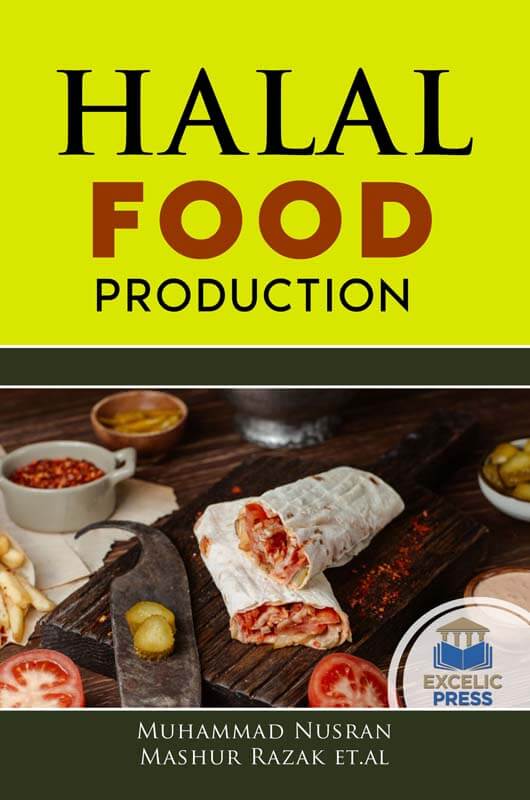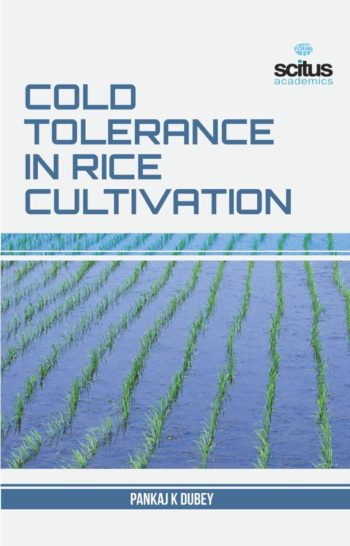An important part of Muslim daily life is the notion of halal—that which is permissible according to Islamic law. Muslim society is a religious order that must be obeyed. Halal is no longer a mere religious obligation or observance but is considered as the standard of choice for Muslims as well as non-Muslims worldwide. The Halal concept is not unfamiliar to non-Muslims, especially those in Muslim countries. The market for halal goods and services is growing fast, even outside Muslim countries. However, new marketing approaches to Generation M extend its application beyond diet, emphasizing a whole halal lifestyle, which is maintained “not only in practice but also in philosophy”. Halal consciousness is a strong commitment to the product consumed is halal. There is a growing concern amongst the Muslims about the “Halal” food and ingredients which has led to a stimulus in demand for “Halal” food.
This book contains wide-ranging information about Halal food laws and regulations, procedures for food production, domestic and global food markets, and trade and import necessities for various countries. National awareness for Halal Certificate is not currently experiencing significant development. Halal awareness is affected by several factors such as halal knowledge with frequent follow halal development or halal exhibition event, or halal training and the like, also the time factor of the halal certification process. This book aims to determine the factors that influence awareness of halal products in society. Halal is a notion that applies to both objects and actions and means permissible according to Islamic law. It may be most often associated with food and the rules of selecting, slaughtering, and cooking animals. In the globalized world, halal can be found in street corners of New York and the beauty shops of Manila. In this book, we explore the cultural diversity of the concept, as revealed through social media, and specifically the way it is expressed by different populations around the world, and how it relates to their perception of religious and governmental authority, and personal health. Therefore, the book discusses how these similarities and differences affect production, trade, and regulation around the world. Further, it also investigates the issues in information sharing of halal food supply chain and operation risk mitigation on halal meat supply chain management.
The book also sheds light on scare campaign against halal certification closely parallels previous campaigns against kosher certification, highlighting the increasing resemblance between contemporary Islamophobia and historical anti-Semitism. An understanding of the level of knowledge of, and attitude towards, halal practices in countries with contrasting religious and cultural differences are likely to be helpful in the development of future educational and practical policies. This timely book is for anyone who is interested in the history of halal food and its place in today’s world.














1 review for Halal Food Production
There are no reviews yet.